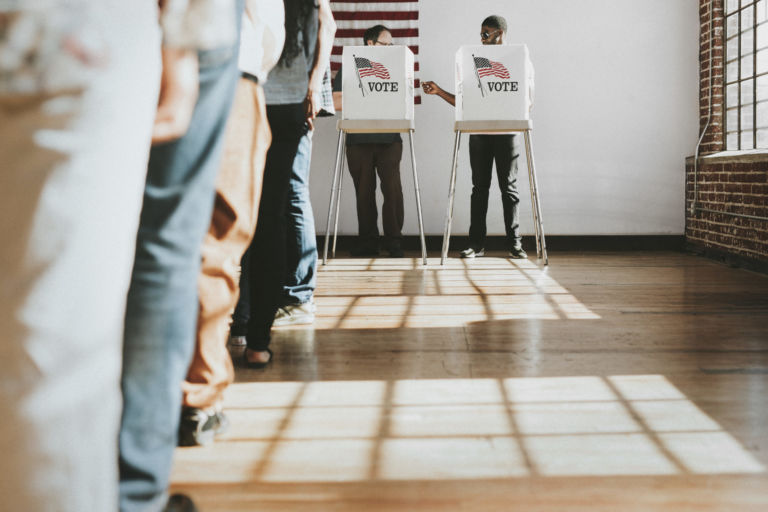Aaron Sibarium of the Washington Free Beacon reports on interesting legal action involving a high-profile company.
A Starbucks shareholder is suing the company’s top executives over a host of race-conscious policies that the lawsuit says violate civil rights law and, by exposing the company to costly litigation, threaten the value of its shares.
The policies—all of which are advertised on the coffee giant’s website—include $1.5 billion set aside for “diverse suppliers” and a compensation scheme that ties executive pay to “BIPOC representation” at the company, for which Starbucks has set numerical targets. The corporation also runs a “Leadership Accelerator Program” that is available only to minority employees, as well as a program that reserves 15 percent of Starbucks’s advertising budget for minority-owned media companies.
The lawsuit, filed on August 30 by the public interest law firm the American Civil Rights Project, will showcase a novel legal approach to challenging the race-conscious policies of publicly owned corporations. Typically, the plaintiffs in such cases are employees or job applicants who say the policies violated their civil rights. Here, however, the plaintiff is a conservative nonprofit, the National Center for Public Policy Research, that owns shares in Starbucks.
The group is arguing that the coffee giant’s programs endanger “Starbucks and the interests of all its shareholders”—which the company’s officers have a legal duty to protect—by inviting “nearly endless” civil rights litigation that could force Starbucks to pay out damages.
The lawsuit is part of a broader effort by shareholders to rein in corporate executives, who investors say are wantonly violating the law as they work to burnish their woke credentials. The National Center for Public Policy Research holds stock not just in Starbucks, but in JP Morgan, McDonald’s, Lowe’s, and Coca-Cola. Along with other shareholders, it has over the past year threatened to sue executives at each company who’ve implemented race-conscious policies; the suit against Starbucks’s top brass marks the first time the nonprofit has made good on its threats.


